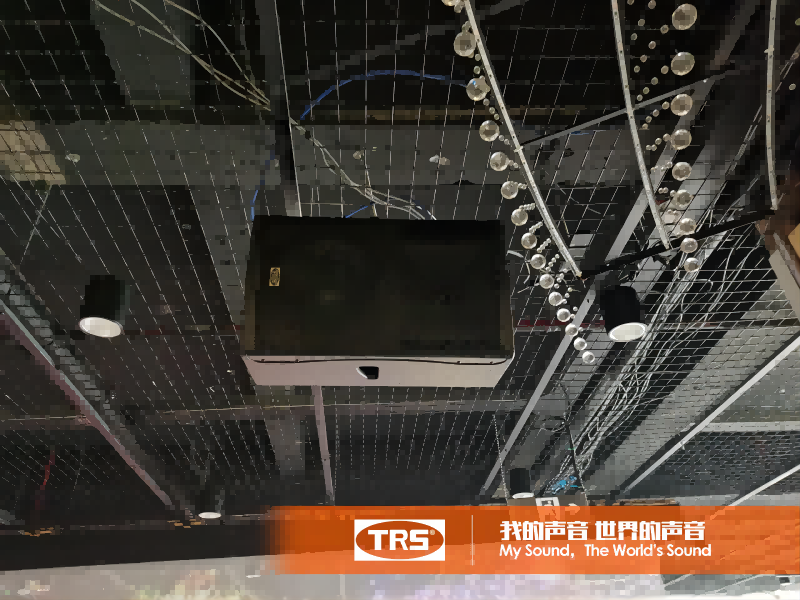Professional audio equipment plays an important role in the modern music industry. Whether it’s a concert, recording studio, or live performance, choosing the right audio equipment is crucial. This article will introduce some key factors to consider when purchasing professional audio equipment, helping you make wise decisions.
1. understand the requirements Before purchasing professional audio equipment, it is necessary to first clarify your own needs. Consider the scenario and scale of the audio equipment you will use, such as concerts, DJ performances, studio recordings, etc. Understanding your needs helps determine the type and functionality of equipment required.
2. Quality and Budget
The quality of professional audio equipment is crucial for sound quality and performance. Try to choose well-known brands as they usually provide more reliable products and technical support. However, high-quality equipment may come with higher prices. When formulating a budget, it is necessary to balance price and performance to ensure that the selected equipment meets your needs and is within an acceptable price range.
3. Main equipment considerations
Main speaker: Choosing the appropriate main speaker is the key to ensuring sound quality performance. Consider factors such as speaker power, frequency response range, and sound projection angle to adapt to your venue and audience size.
Main speaker: Choosing the appropriate main speaker is the key to ensuring sound quality performance. Consider factors such as speaker power, frequency response range, and sound projection angle to adapt to your venue and audience size.
Power amplifier: A power amplifier is a device that amplifies and outputs audio signals to a speaker. Pay attention to the power output, signal-to-noise ratio, and distortion level of the power amplifier to ensure accurate signal transmission and maintain sound quality.
Mixing Station: The mixing station is used to adjust the volume and tone of different audio sources. Choose a mixing station with sufficient channel count, audio interface, and effect processing capabilities to meet your mixing needs.
Microphone: Microphone is an important recording and live performance tool. Consider the scenario and sound type used to choose the appropriate microphone type, such as dynamic microphone, condenser microphone, or directional microphone.
Accessories and cables: Do not ignore the accompanying accessories and cables. Ensure the purchase of high-quality and reliable accessories such as connectors, brackets, and protective equipment to ensure the normal operation of the entire audio system.
4. Drawing on experience and testing
Before purchasing professional audio equipment, try to draw on the experience and opinions of professionals as much as possible. Refer to user evaluations and professional evaluations of audio equipment to understand the advantages and disadvantages of the equipment. In addition, try to personally test the device and listen to feelings about sound quality, operable and durability to ensure that the selected device meets your expectations.
Choosing professional audio equipment requires comprehensive consideration of factors such as demand, quality, budget, and related equipment. By clarifying requirements, selecting reliable brands, paying attention to the performance indicators of major equipment, and drawing on experience and testing, you can find professional audio equipment that suits you, bringing high-quality audio experience for music performance and recording.
Post time: Sep-01-2023

